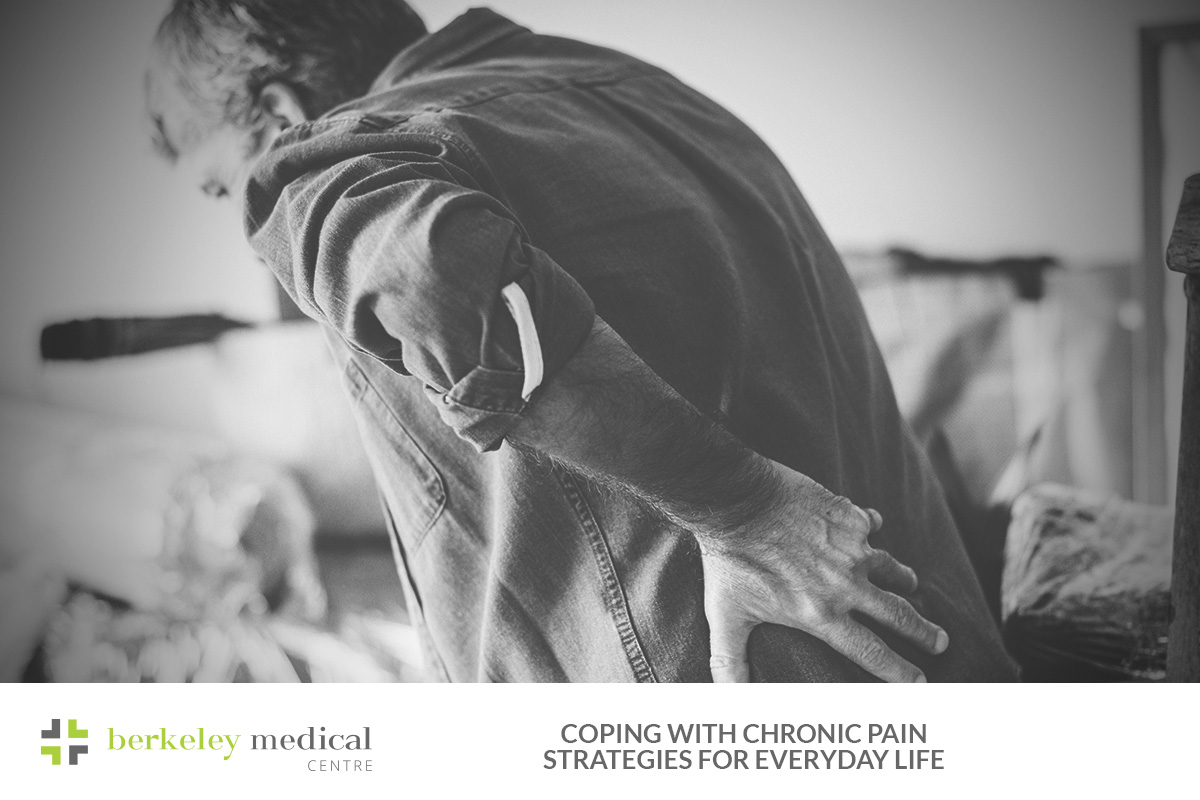Living with chronic pain can be incredibly challenging, affecting every aspect of your life. Whether it is caused by an underlying medical condition, injury, or simply the wear and tear of daily life, chronic pain can make even the simplest tasks feel overwhelming. However, with the right strategies and mindset, you can manage your pain more effectively and improve your quality of life. In this article, we will explore practical tips for pain management, the role of mental health in coping with pain, and lifestyle changes that can make a difference.
Understanding Chronic Pain
Chronic pain is defined as pain that lasts longer than three months, often persisting despite treatment. Unlike acute pain, which is a temporary discomfort resulting from injury or illness, chronic pain can become a long-term condition. It can manifest in various forms, including back pain, headaches, arthritis, and fibromyalgia, among others. While the intensity and type of pain can vary, the impact on your daily life can be significant, often leading to physical, emotional, and psychological stress.
Pain Management Techniques
Managing chronic pain requires a multifaceted approach, combining medical treatments with self-care strategies. Here are some effective techniques to consider:
Medications and Treatments
Consult with your GP or specialist to determine the best medications for your condition. Common options include analgesics (pain relievers), anti-inflammatory drugs, and nerve pain medications. Some people may also benefit from treatments like physiotherapy, acupuncture, or chiropractic care. It is important to work closely with your healthcare provider to monitor the effectiveness of these treatments and adjust them as needed.
Physical Activity and Exercise
While it might seem counterintuitive, regular physical activity can be incredibly beneficial for managing chronic pain. Exercise helps to strengthen muscles, improve flexibility, and increase blood flow, which can reduce pain and stiffness. Low-impact activities like walking, swimming, or yoga are often recommended. Start slowly and gradually increase your activity level, and always consult your GP before starting a new exercise program.
Heat and Cold Therapy
Applying heat or cold to the affected area can provide temporary relief from pain. Heat therapy, such as using a warm bath or heating pad, can help relax muscles and ease tension. Cold therapy, like ice packs, can reduce inflammation and numb sharp pain. Knowing when to use each type of therapy can be a helpful tool in your pain management toolkit.
The Importance of Mental Health in Managing Pain
Living with chronic pain can take a toll on your mental health, leading to feelings of frustration, anxiety, and even depression. Addressing your mental well-being is just as important as managing the physical aspects of pain. Here is how you can support your mental health:
Mindfulness and Relaxation Techniques
Mindfulness practices, such as meditation and deep breathing exercises, can help you stay grounded and manage stress. These techniques encourage you to focus on the present moment, which can reduce the emotional impact of pain. Relaxation exercises, such as progressive muscle relaxation or guided imagery, can also help calm your mind and body.
Cognitive Behavioural Therapy (CBT)
CBT is a psychological treatment that helps you change negative thought patterns and behaviours related to your pain. By learning to challenge and reframe unhelpful thoughts, you can reduce the intensity of pain and improve your overall outlook. CBT can be done with a psychologist or through self-help programs, and it has been shown to be highly effective in chronic pain management.
Support Networks
Connecting with others who understand what you are going through can make a big difference. Support groups, whether in-person or online, offer a space to share experiences, learn from others, and find emotional support. Sometimes, just knowing you are not alone can provide a sense of relief.
Lifestyle Changes That Can Help
Adopting certain lifestyle changes can also play a crucial role in managing chronic pain. These adjustments can help you gain more control over your condition and enhance your overall well-being.
Healthy Eating
A balanced diet rich in fruits, vegetables, lean proteins, and whole grains can support your overall health and potentially reduce inflammation, which is often linked to chronic pain. Foods high in omega-3 fatty acids, like salmon and walnuts, are particularly beneficial for their anti-inflammatory properties. Maintaining a healthy weight can also reduce strain on your joints and muscles, alleviating some of the pain.
Sleep Hygiene
Chronic pain can interfere with your sleep, but getting enough rest is crucial for managing pain and maintaining energy levels. Establish a regular sleep routine by going to bed and waking up at the same time each day. Create a restful environment by keeping your bedroom cool, dark, and quiet, and avoid screens before bedtime. If pain is preventing you from sleeping, discuss this with your GP, as there may be solutions to help you get better rest.
Stress Management
Stress can exacerbate chronic pain, so finding ways to manage stress is essential. Techniques like mindfulness, meditation, or engaging in hobbies you enjoy can help lower stress levels. Regular relaxation practices can also help reduce the physical tension that often accompanies pain.
Pacing and Rest
One of the key strategies for managing chronic pain is learning to pace yourself. This means balancing activity with rest to avoid overexertion, which can worsen pain. Break tasks into smaller, manageable steps and take regular breaks to avoid fatigue. Listening to your body and giving yourself permission to rest when needed can help prevent flare-ups and keep your pain at a more manageable level.
Conclusion
Coping with chronic pain is a continuous journey that requires a combination of strategies tailored to your individual needs. By incorporating pain management techniques, supporting your mental health, and making lifestyle changes, you can take control of your condition and improve your quality of life. Remember, it is important to work closely with your healthcare providers and seek support when needed. With the right approach, living well with chronic pain is possible.







